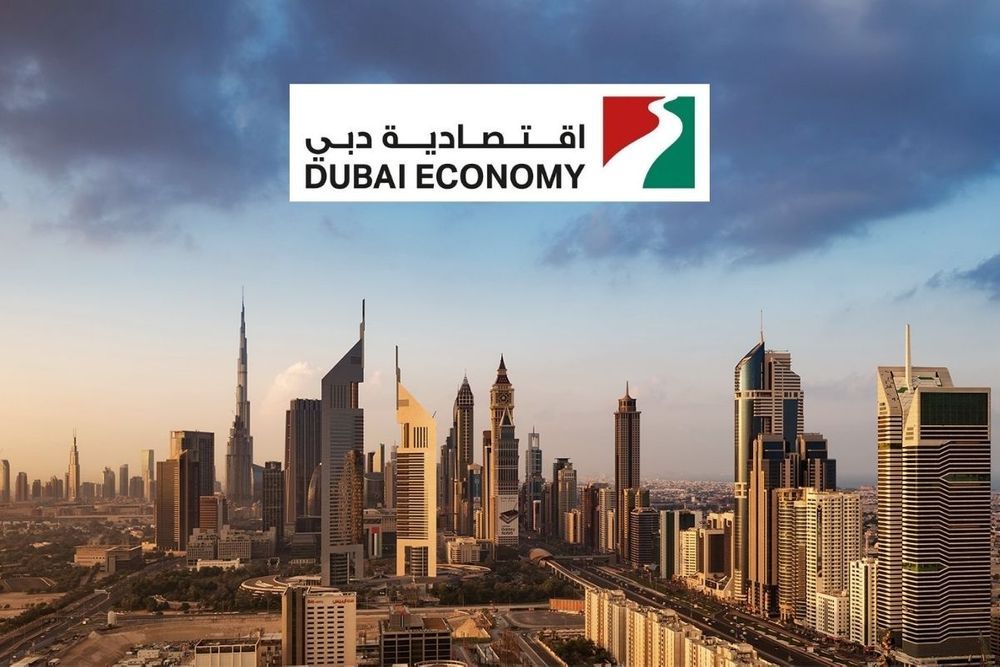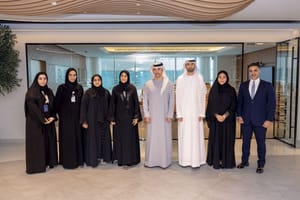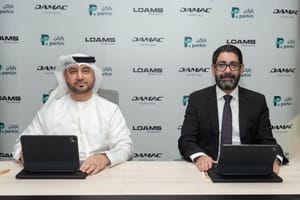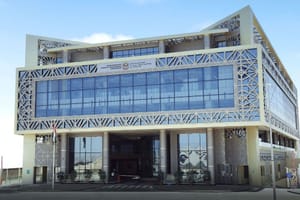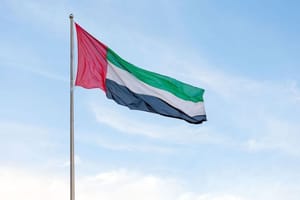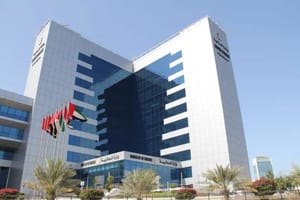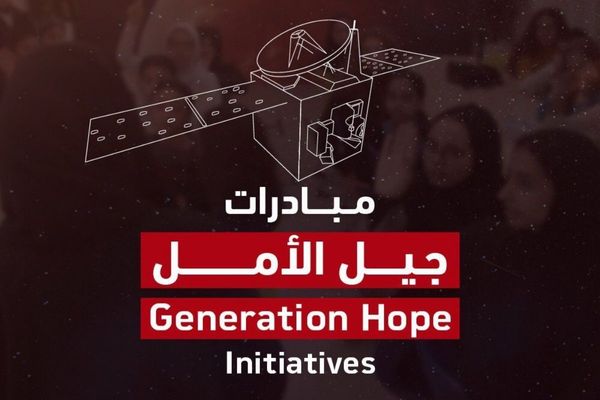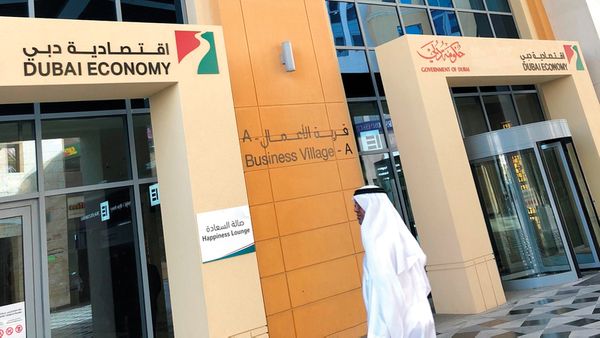Dubai Economy recently organized a workshop on the healthcare industry highlighting the unique opportunity available for the public and private sector to collaborate and co-shape a smart and sustainable healthcare sector in Dubai, particularly following the global COVID-19 outbreak.
Part of the Future Economy Lab series of hacks (workshops) launched by Dubai Economy as a strategic initiative to engage with private sector entities, regulators and academia, and explore future economic opportunities, the latest session focused on how Dubai can accelerate the growth of local healthcare industry supply chains and enhance digitalization of healthcare services.
Globally, almost all healthcare sub-sectors have been impacted by COVID-19, and digital health particularly has seen accelerated growth as a result of the pandemic. Telehealth adoption has grown by 10% in 2020 with patients preferring to receive consultations online. Simultaneously, COVID-19 has also exposed weaknesses in global healthcare supply chains. Challenges with sourcing medical equipment and race to develop vaccines have also brought to light the need for building cooperation through strong supply chains.
Dubai has witnessed demand for quality healthcare services increasing tremendously driven by rapid urban development, a growing population, high prevalence of lifestyle diseases, influx of medical tourism and mandatory health insurance. The Future Economy Lab hack explored the way ahead for the healthcare industry in Dubai, mainly healthcare providers, pharma manufacturers, medical equipment manufacturers and digital health service providers, in the backdrop of COVID-19 and the emerging economic and commercial opportunities.
The main focus of the hack was on bringing together stakeholders from the government, industry and civil society to address the challenge: ‘How might Dubai accelerate local healthcare industry supply chains & digitalization?’ Participants were invited to discuss challenges, opportunities and initiatives that will define the future of Dubai’s healthcare model including: healthcare opportunities that Dubai can capitalize on with the highest possible impact; key requirements for moving from a predominantly traditional model to a futuristic approach, and top initiatives that Dubai can implement to build a smart healthcare ecosystem.
The workshop was unanimous in the need to reform healthcare service delivery models to be more responsive and proactive to address the new challenges. The challenges discussed included improving the caliber of the healthcare system in Dubai, addressing potential overbilling of patients and payers, and transforming the doctor-patient relationship from being visit-centric to home-based.
The opportunity areas and solutions identified in the hack included increasing investments into medical research and development (R&D) in the region, enforcing an ethical framework, and hybrid healthcare. There is a growing need to developing robust frameworks, regulations and policies around digital health, public-private partnership (PPP) models and healthcare manufacturing. Another growth opportunity is in healthcare manufacturing as 80% of pharma/medical products are imported in Dubai and rest of Middle East, which is puts further pressure on healthcare costs. In the long term, Dubai can further diversify into new areas establishing local R&D hubs and drug manufacturing.
Mohammed Shael Al Saadi, CEO Corporate Strategic Affairs in Dubai Economy commented:
“Dubai has great opportunities to capitalize further on the digitalization of healthcare, and I am encouraged to see many ideas on how Dubai can be the test-bed for new digital healthcare innovation and new business models. This will contribute significantly to a future-ready healthcare and medical technology sector for the benefit of citizens and tourists alike. I thank all participants of the hack for their invaluable contributions.”
Dr. Ibtesam AlBastaki, Director Investment and Public Private Partnership Department in Dubai Health Authority, who attended the event mentioned:
“It was a fruitful interaction, with emphasis on the ‘Certificate of Need’ (CON) programme which enables, and ensures, the stability and sustainability of quality care, leading to improvements in the coverage for undersupplied services. The government and the private sector must continue to work together closely to develop initiatives in the healthcare sector, like CON, keeping access to specialised services and patient experience as priorities.”
The Future Economy Lab hacks are now part of a ‘CovExit’ initiative aimed to map the COVID Exit recovery path and identify new opportunities to shape the future of existing and emerging sectors by 2030. The upcoming hacks in the series covers topics such as High-tech Manufacturing, Real Estate, Agritech and the Digital Economy.
For further details on the Future Economy Labs, please write to fed@dubaided.gov.ae or call +971 4 445 5745.
